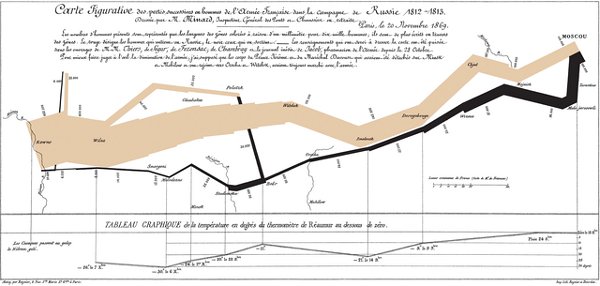In any case, according to most analysts — see, e.g., Bloomberg, “The Future of China’s Power Sector”, Aug. 2013 http://about.bnef.com/white-papers/the-future-of-chinas-power-sector/ — China won’t stop putting in coal plants. Indeed. Bloomberg projects that 343-450 gigawatts of new coal generation will be built in China over the next fifteen years, more than the total capacity of the entire US coal base (300 gigawatts). China’s power needs are so big that even if it installs solar and wind facilities faster than any other nation has ever emplaced them, the nation will still bring online 1 large 500 MW coal plant *per week* from now until 2030.
Even if somehow China *could* build enough solar and wind plants in time, it still would be building coal plants, too. The basic reason is that solar panels in China typically produce <20% of their annual peak capacity (China has few sunny regions) and wind 80% of peak capacity and do it all the time, so to get reliable power you have to build vastly more peak capacity from renewables than coal, and China can’t afford that.
There is more, including more from Mann, here.












